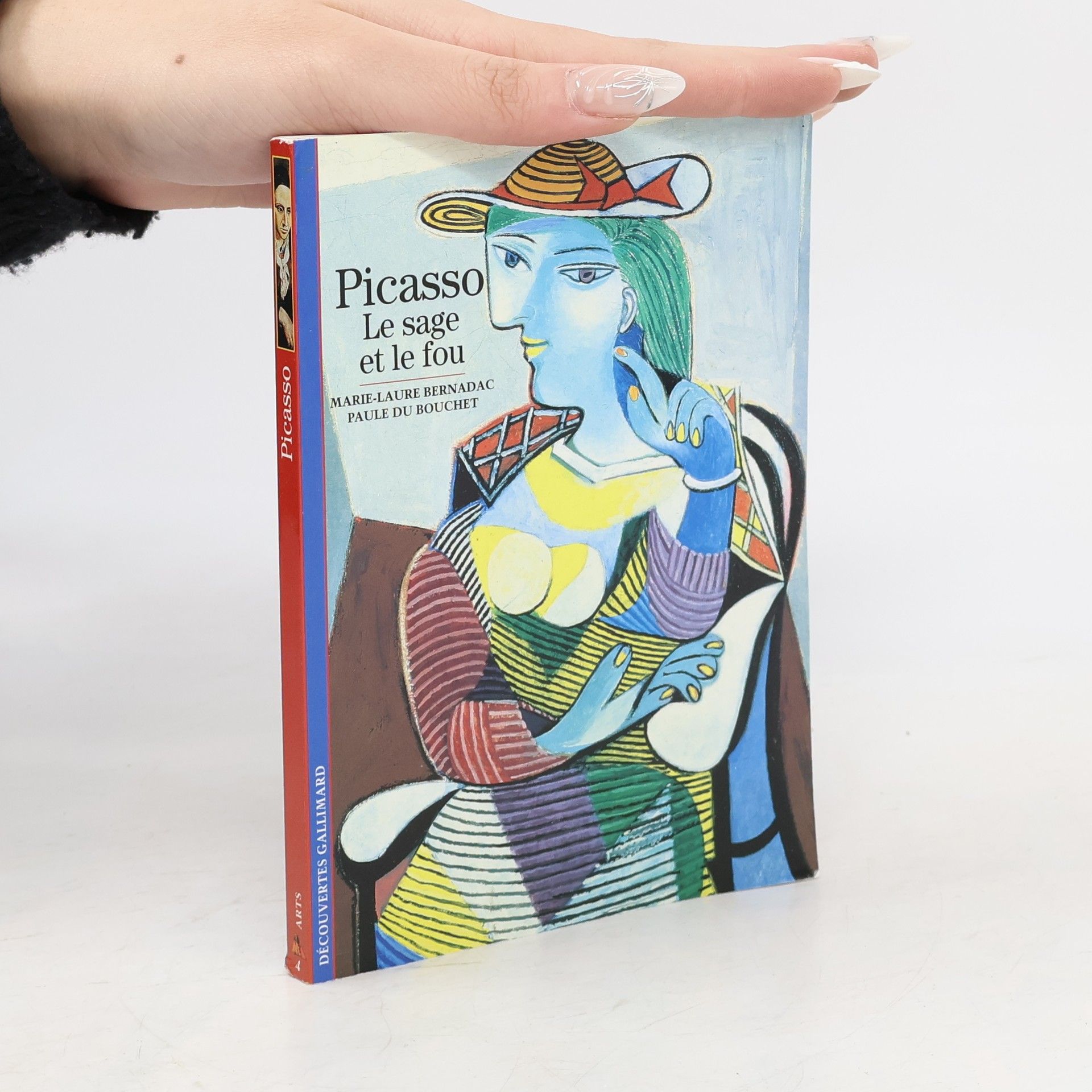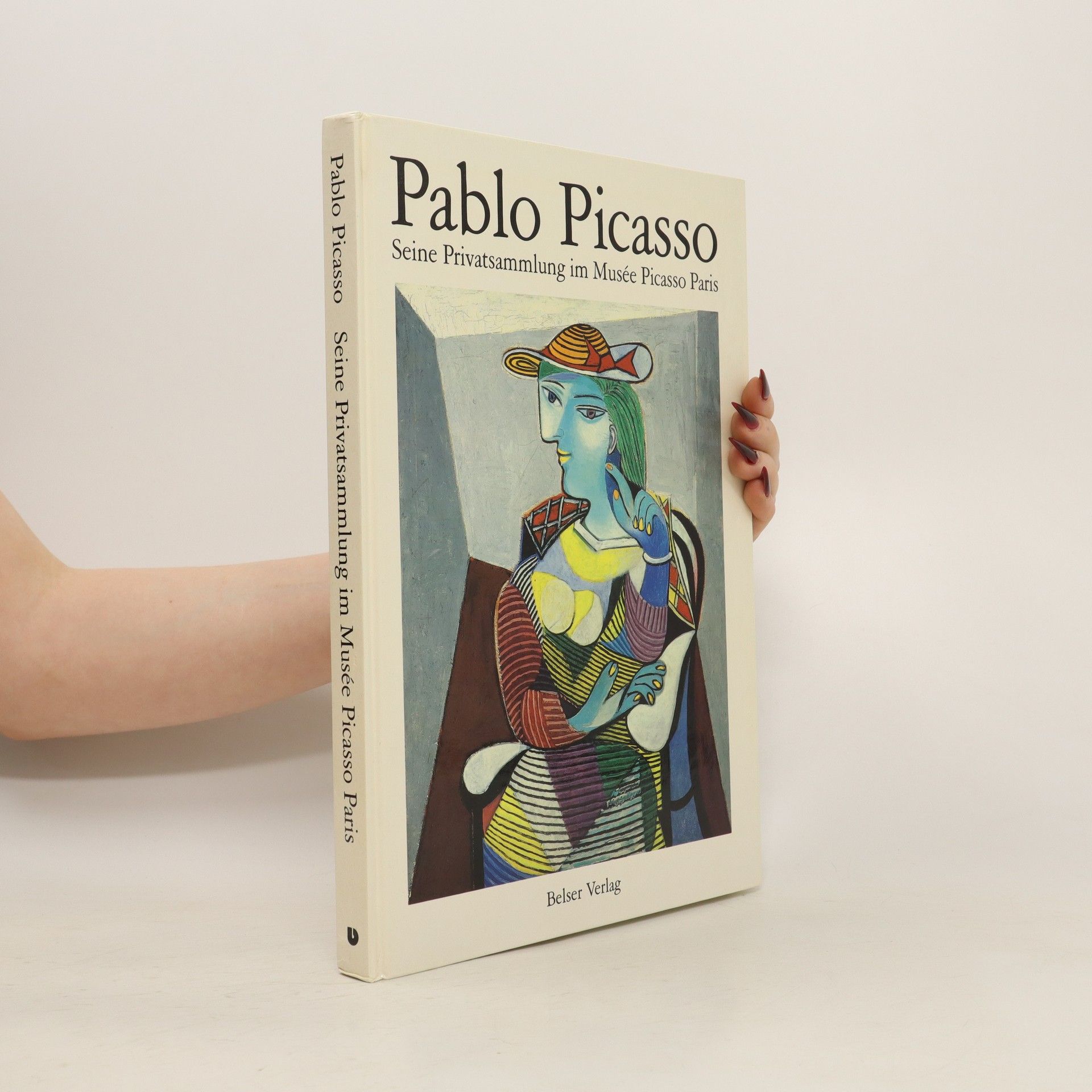With their pioneering method using dots, the artists of Pointillism no longer directed their gaze only towards the imitation of reality. In their paintings between 1886 and 1930 their dots, colour and light assumed an independent existence to create masterpieces of unprecedented brightness and colour diversity. The works by the inventors of this technique, Georges Seurat and Paul Signac, marked the beginning of this exuberant outburst of colour. Works by Henri Matisse, Pablo Picasso, Carlo Carrá, Karl Schmidt-Rottluff, Piet Mondrian and Paul Klee demonstrate how artists made a study of Pointillism during the 20th century. Vincent van Gogh contributed to the way that modernist painters abandoned Pointillism. More than 100 selected works, including paintings, watercolours and drawings, illuminate the dawn of a new era which this art movement was responsible for bringing about: the beginning of modern painting.
Marie-Laure Bernadac Book order (chronological)
This author, a curator of art, delves deeply into the work of Pablo Picasso and his artistic legacy. Her writings focus on the analysis and interpretation of artworks and the artist's creative process. Through her publications and curatorial projects, she reveals new perspectives on artistic creations and their historical context. Her expertise and profound insights make her contributions to the art world invaluable to readers and scholars alike.
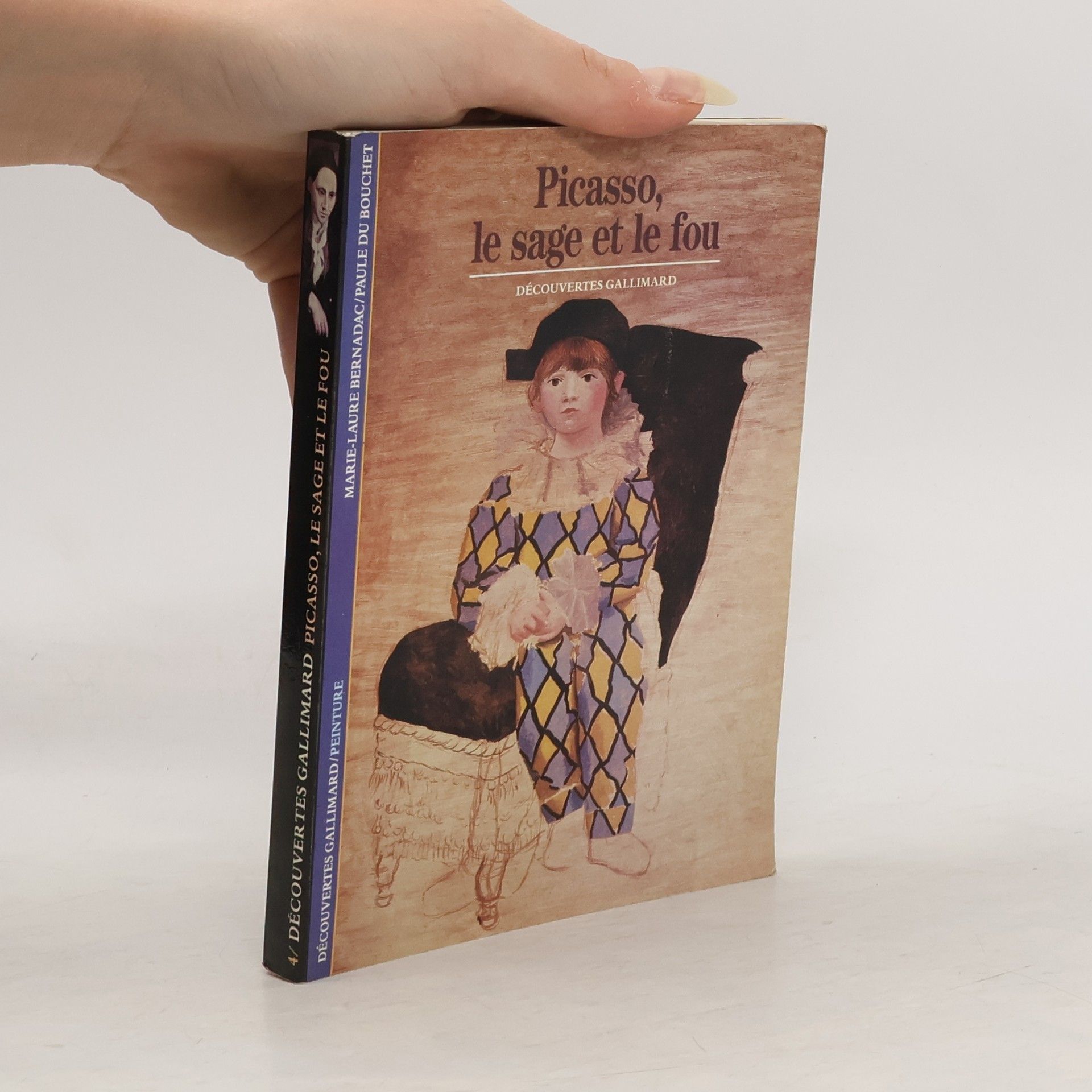
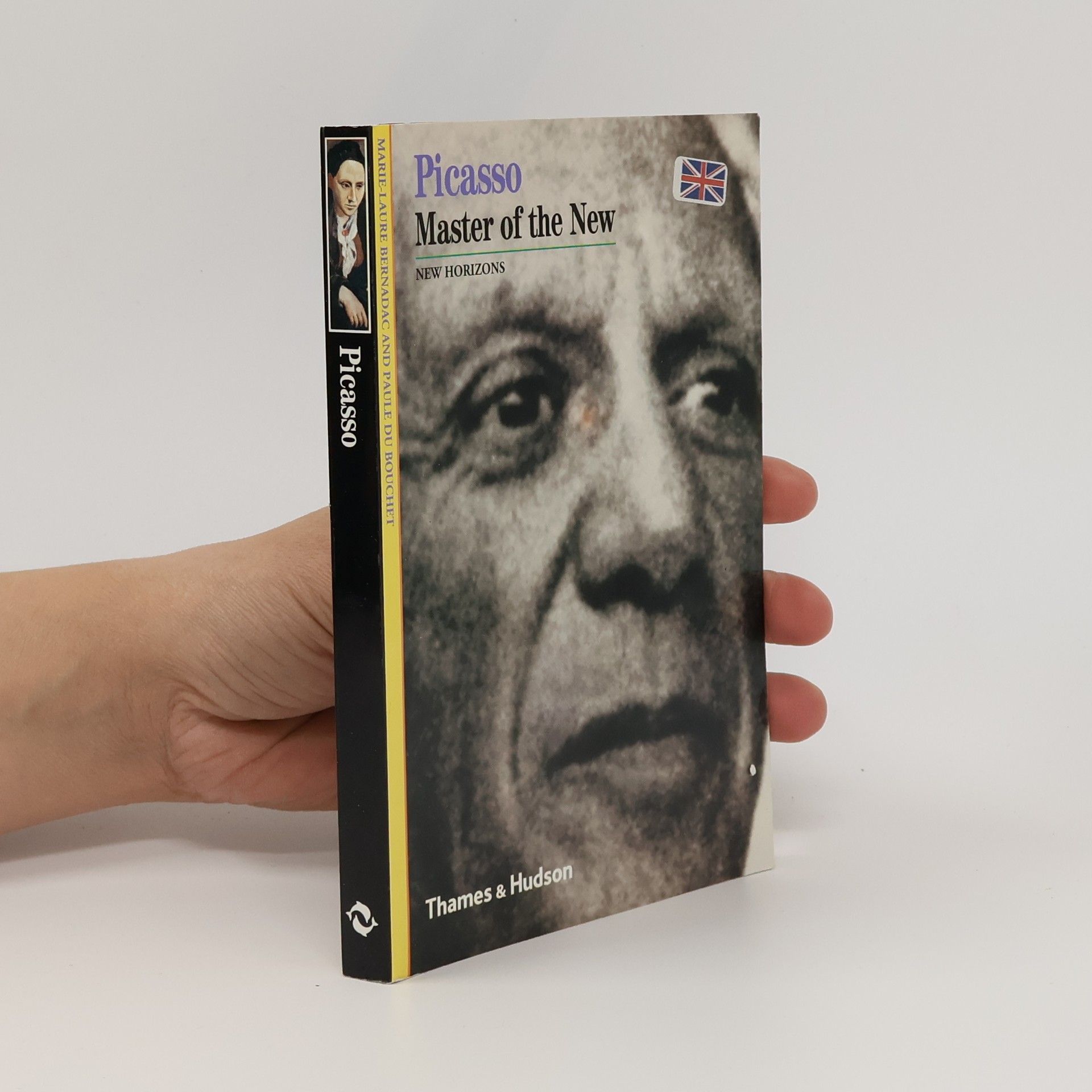
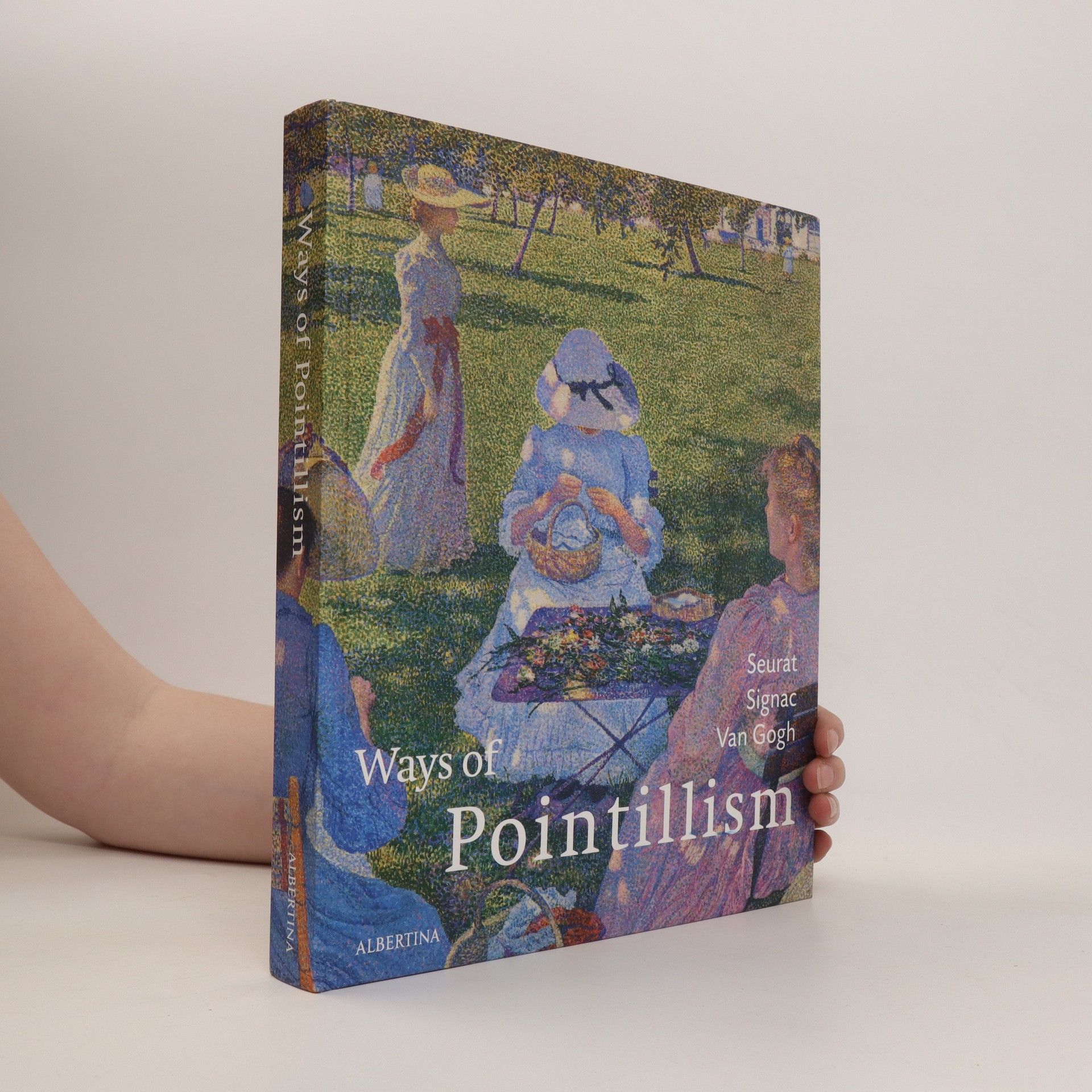
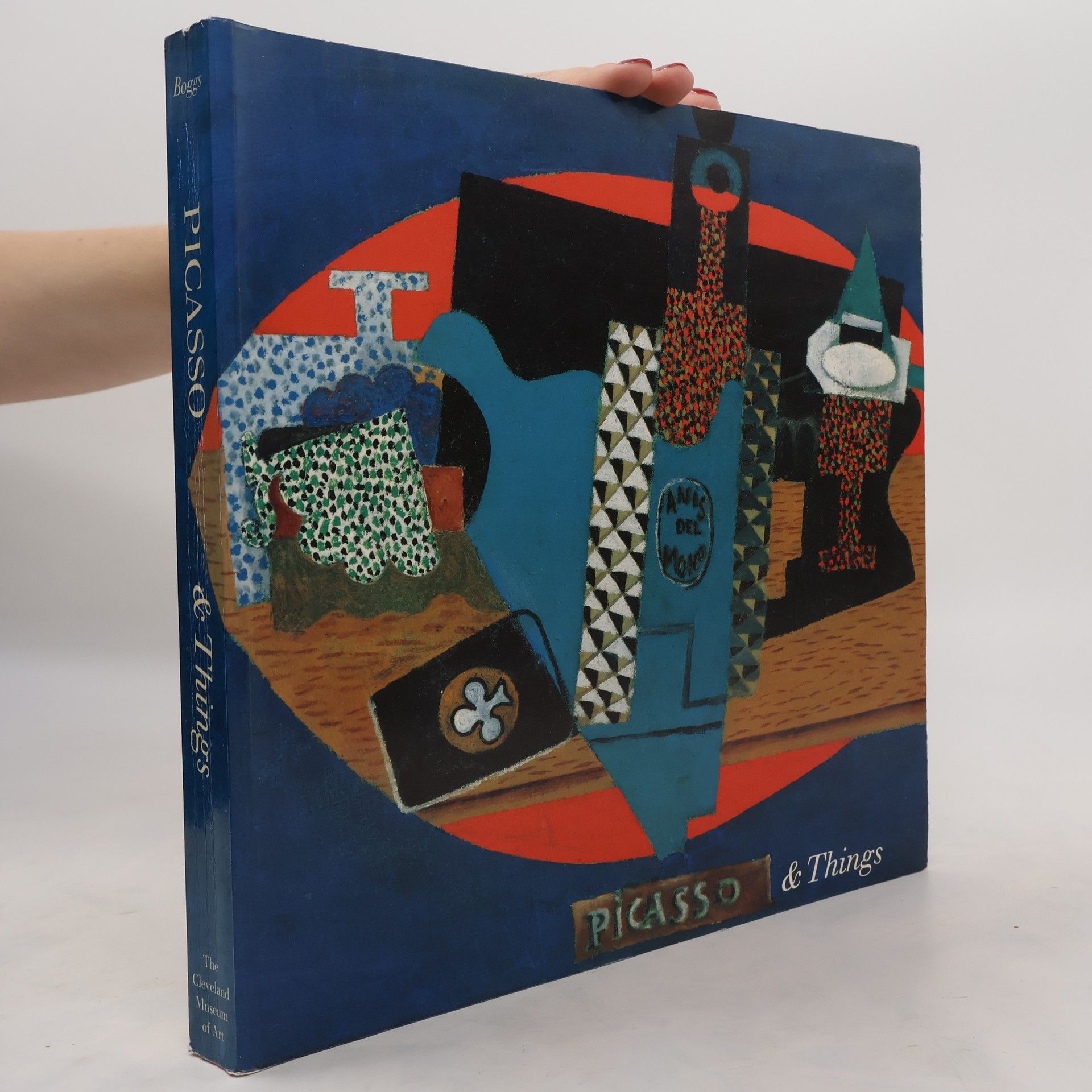
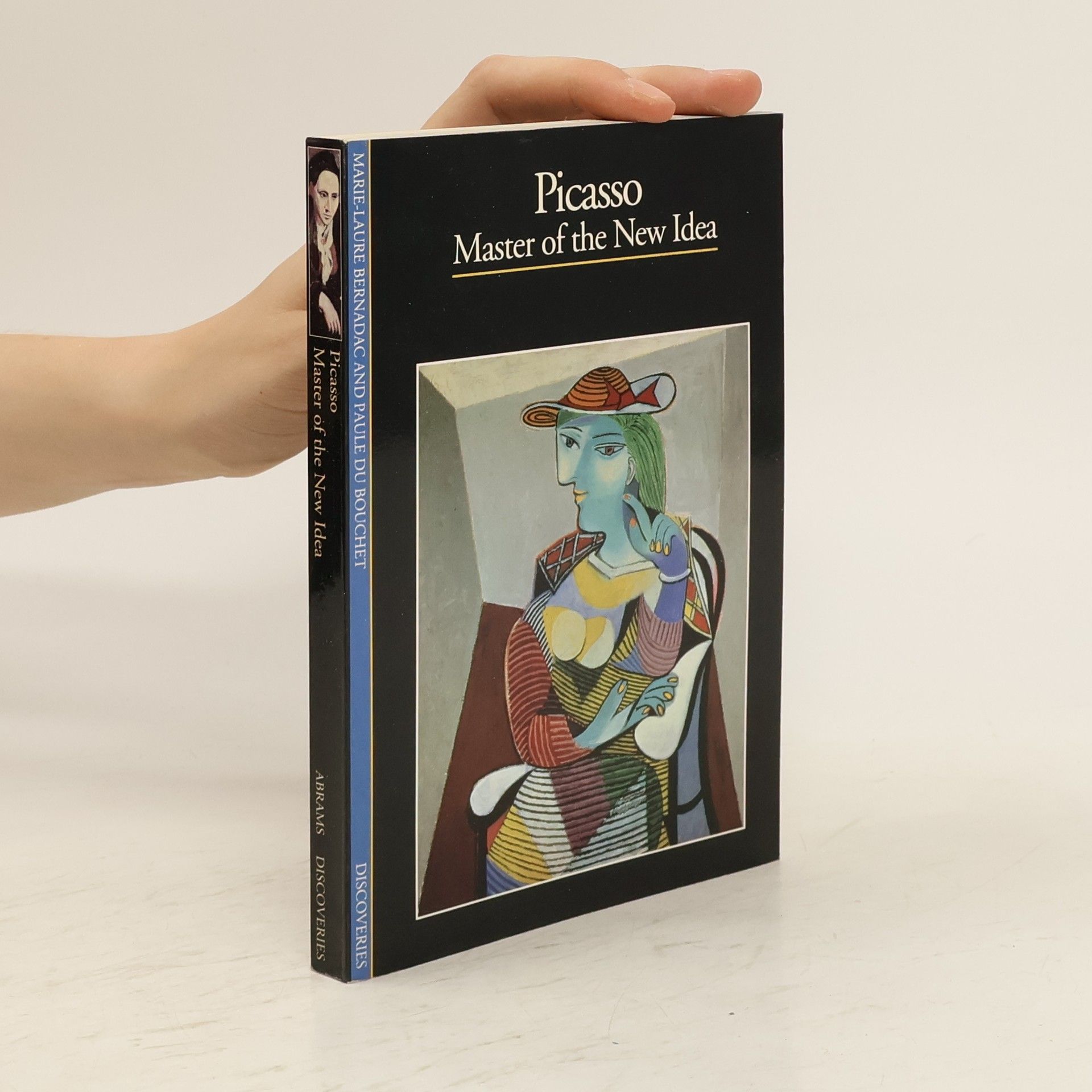
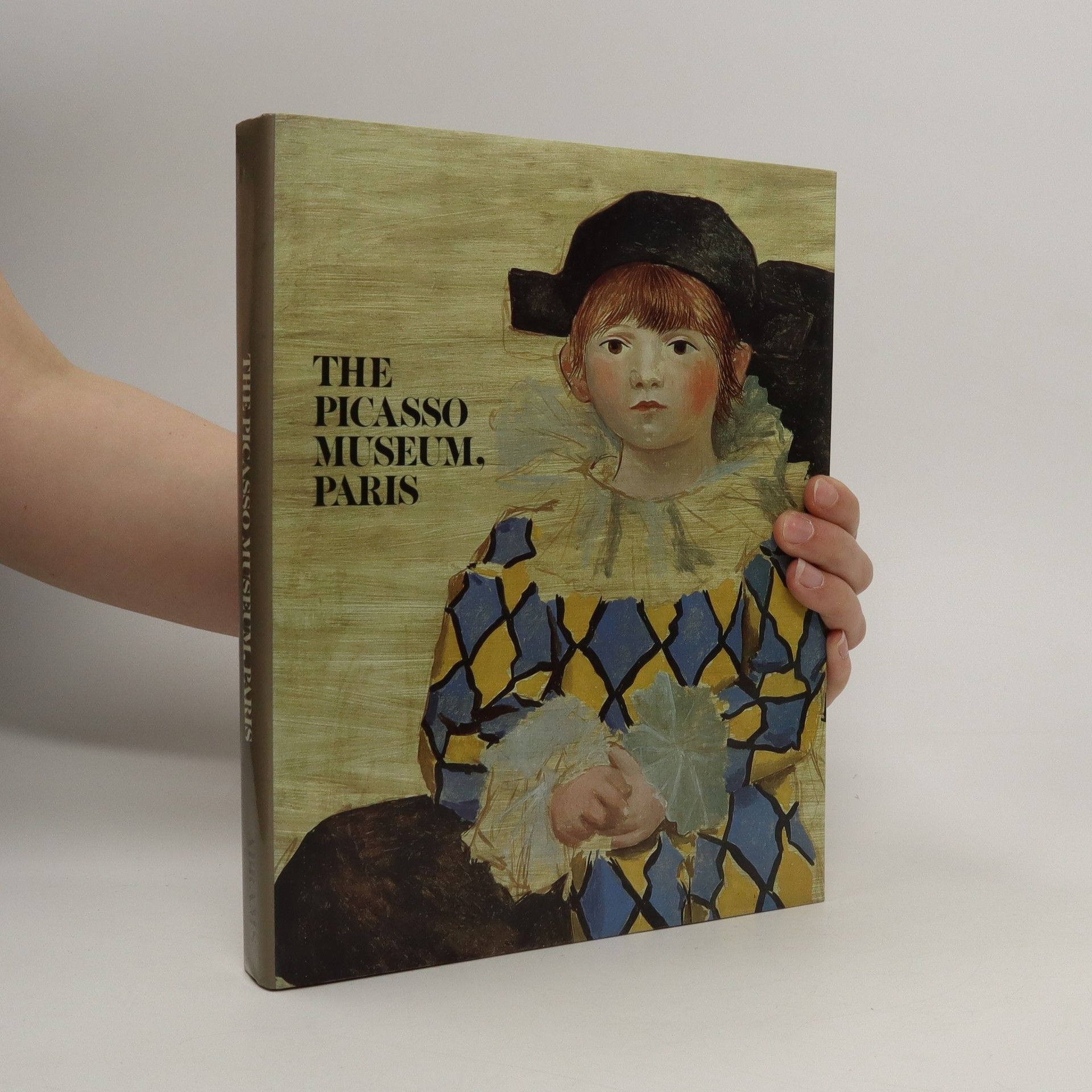
Picasso, le plus inventif des peintres du XXe siècle, est aussi celui qui a le plus fortement exprimé sa dette envers les artistes du passé. De Velàzquez, et ses célèbres Ménines, Greco, Zurbaràn et Goya - peintres familiers au temps de son enfance espagnole - à Ingres, Delacroix et Manet, découverts à son arrivée à Paris, il n'a cessé de procéder à une relecture de la peinture par la peinture, en particulier dans les années 1953-1961. Dans ses autoportraits comme dans ses natures mortes ou ses nus, les sources de son inspiration sont évidentes. Rembrandt, Cézanne, Goya, Van Gogh sont à la base de variations sur le portrait ; bodegones du XVIIe siècle et natures mortes cézanniennes lui ont inspiré la thématique des choses, tandis que ses grands nus renvoient aux Vénus de Titien, à la Maja desnuda de Goya, ou encore à la Grande Odalisque d'Ingres et à l'Olympia de Manet. La série de ses quinze toiles sur Les Femmes d'Alger est une variation sur le tableau de Delacroix, de même qu'il a décliné Le Déjeuner sur l'herbe de Manet en un cycle de vingt-sept peintures. Un " cannibalisme pictural " sans précédent dans l'histoire de l'Art.
Un peintre, un homme, un génie. Picasso fut un homme pour qui peindre voulait dire voir, et qui mieux que personne «vit» son siècle. Visionnaire, oui. Engagé corps et biens dans son absolu. Homme public dont l'existence tumultueuse fascina toujours les foules, il était aussi un personnage farouche, secret, imprévisible. Des premiers pigeons crayonnés de Málaga aux périodes bleue et rose, des folles années montmartroises aux Demoiselles d'Avignon, de l'explosion surréaliste à Guernica, des femmes en pleurs à la femme-fleur, il fut celui qui disait sans relâche : «Je ne cherche pas, je trouve.»Marie-Laure Bernadac et Paule du Bouchet retracent le destin d'un homme qui a marqué le vingtième siècle d'une empreinte de feu.
Das facettenreiche Leben des prominentesten Künstlers des 20. Jahrhunderts birgt selbst noch für Kenner Überraschungen.
Picasso's name has become synonymous with creative genius, but who was he - a public figure who lived his life in the headlines, or a private person, unpredictable and filled with secrets? This intimate portrait traces his life from the early years in Spain through his long residence in Paris. In it we meet his friends and lovers and witness his rise from poverty to overwhelming worldwide recognition. Above all, he was an artist who, through constant experimentation, made an indelible mark on the 20th-century.
Discoveries: Picasso
- 191 pages
- 7 hours of reading
Traces the artist's rise from poverty to worldwide recognition, featuring first-hand accounts of Picasso by his friends, lovers, and colleagues, excerpts from his own writings, and 192 reproductions of his work.
Picasso & things
- 384 pages
- 14 hours of reading
''Picasso's still lifes, though less dramatic than his highly charged figurative pictures, include some of his most original, daring and emotionally complex work. This lavish catalogue of a traveling exhibition combines sensitive connoisseurship and ample illustrations (393 plates, 145 in color) to document Picasso's exploration of still lifes in paintings, sculpture, constructions, collages, drawings, prints and ceramics. The great analytical cubist experiments are here, along with many less familiar forays. Boggs, a Picasso scholarsufficient ID?seems circular/it's what this person does all day, every day, so stet.gs , shows how the artist raided the techniques of Cezanne, Rousseau, Braque, Matisse, Zurbaran and Chardin to produce powerful still lifes that bore his distinctive stamp. Bernadac and Leal, curators at the Musee Picasso in Paris, in separate essays investigate his obsession with food imagery and his "Don Juanism," or cheerful, promiscuous mixing of styles.''-- Site de l'éditeur
Pablo Picasso, seine Privatsammlung im Musée Picasso Paris
- 152 pages
- 6 hours of reading
Un peintre, un homme, un génie. Picasso fut un homme pour qui peindre voulait dire voir, et qui mieux que personne « vit » son siècle. Visionnaire, oui. Engagé corps et biens dans son absolu. Homme public dont l'existence tumultueuse fascina toujours les foules, il était aussi un personnage farouche, secret, imprévisible. Des premiers pigeons crayonnés de Málaga aux périodes bleue et rose, des folles années montmartroises aux Demoiselles d'Avignon, de l'explosion surréaliste à Guernica, des femmes en pleurs à la femme-fleur, il fut celui qui disait sans relâche : « Je ne cherche pas, je trouve. » Marie-Laure Bernadac et Paule du Bouchet retracent le destin d'un homme qui a marqué le vingtième siècle d'une empreinte de feu.

